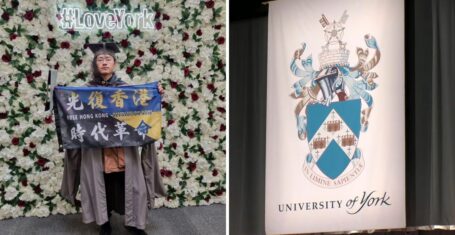
Number of students seeking mental health help has risen in York
Yet waiting times are still high
Figures revealed yesterday show that the number of York St John students seeking mental health help has risen by 75 per cent in the last five years.
Numbers show that 360 people asked for help from York St John services, in 2012/2013 compared to 630 in 2016/2017.
At the University of York a total of 1,685 students sought help regarding mental health in 2017.
York St John have increased the budget for supporting students with mental health by only 13 per cent over the same five-year period. This includes the increase of full time staff to support students from 3.2 to 5.2 since 2012.
A spokeswoman for York St John said that budget reserved for mental health services has now risen to to £193,125. This is up twenty per cent from the budget of £160,757 in the academic year 2012/13.
Head of York St John student services, Nick Streatfield said that York St John has "invested significantly in staffing our multi-disciplinary wellbeing team of counsellors, mental health advisers and welfare advisers."
While he adds that the university’s role is not to “replicate mental health support that should be provided by the NHS” he promotes YSJ's daily drop in service offering "assessments by a psychological professional."
The released figures also show that at the University of York, there's been an increase to 11 mental health support counsellors compared to the 3 back in 2012. The University of York has also increased the mental health support budget by over 50%. Numbers show the budget has risen from £292,000 to £441,000 since 2012.
However students at the University of York still face average waiting times of 14-21 days through the university's services. This average is taken from a total of 1,685 students who sought help in 2017.
A spokesman for the University of York said "Our Open Door Team provides emotional and psychological support for students alongside a number of other support structures. These include our College System, the Chaplaincy team, Student Unions and initiatives such as Nightline and Night Safe. Students are also able to access support online.
If a student were to present themselves to our services suggesting that they were struggling they would be offered the appropriate support. In circumstances when there is an urgent need this would be done immediately. A duty practitioner is available in order to provide an appropriate response to urgent cases.
As an academic community we are not in a position to replace external specialist services, but we have a good relationship with our NHS partners and we will continue to work closely with them and our students to provide the appropriate help and support."









































